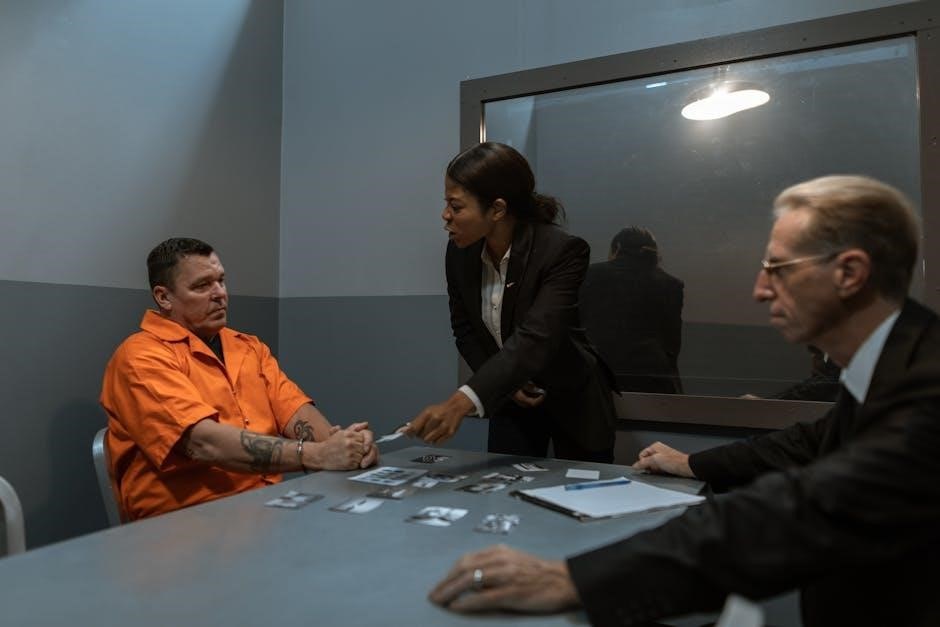Oral history captures personal experiences, offering unique insights into historical events and cultural contexts through structured interviews, providing a valuable resource for research and education.
What is Oral History?
Oral history is a method of documenting and interpreting past events through recorded interviews with individuals who witnessed or experienced them. It captures personal stories, thoughts, and feelings, offering unique insights into historical events, cultural traditions, and social changes. By preserving these narratives, oral history provides a valuable resource for research, education, and understanding diverse perspectives across generations. It is a powerful tool for exploring the human experience and gaining firsthand accounts of significant events and everyday life.
Importance of Oral History
Oral history preserves personal narratives, offering unique insights into historical events, cultural traditions, and social change. It captures the voices and experiences of individuals, providing a human perspective often missing in written records. By documenting firsthand accounts, oral history fosters intergenerational understanding and empathy. It also empowers individuals to share their stories, giving voice to marginalized communities. As a valuable educational resource, oral history enriches research and learning, bridging the past and present for future generations.
Preparation for an Oral History Interview
Preparation involves developing an interview guide, researching the interviewee, and selecting a suitable setting to ensure a productive and meaningful conversation about their life experiences.
Developing an Interview Guide
Creating a structured interview guide is essential for effective oral history interviews. It ensures key topics are covered, such as family background, life events, and cultural influences. Questions should be organized into thematic sections, allowing for a natural flow. Include both open-ended and specific inquiries to encourage detailed responses. Flexibility is crucial, enabling the interviewer to explore unexpected insights. Examples of questions might include asking about childhood experiences or significant life milestones. The guide should balance structure with adaptability to foster meaningful and revealing conversations.
Researching the Interviewee
Thorough research on the interviewee is vital to conduct meaningful oral history interviews. Gathering background information about their life, experiences, and historical context ensures informed questioning. Reviewing available documents, such as biographies or historical records, helps tailor questions to their unique perspective. Understanding their role in significant events or cultural movements enhances the depth of the conversation. This preparation enables the interviewer to ask relevant, insightful questions, making the oral history more valuable and authentic for future reference and study.
Choosing the Right Setting
Selecting an appropriate setting for an oral history interview is crucial for ensuring comfort and focus. A quiet, private space free from distractions is ideal to encourage open conversation. Consider the interviewee’s preferences and accessibility needs to create a welcoming environment. Recording in a library, archive, or dedicated oral history room can provide a neutral and professional backdrop. Ensuring minimal background noise and interruptions helps maintain the flow of the discussion. The setting should foster trust and relaxation, allowing the interviewee to share their experiences openly and authentically.
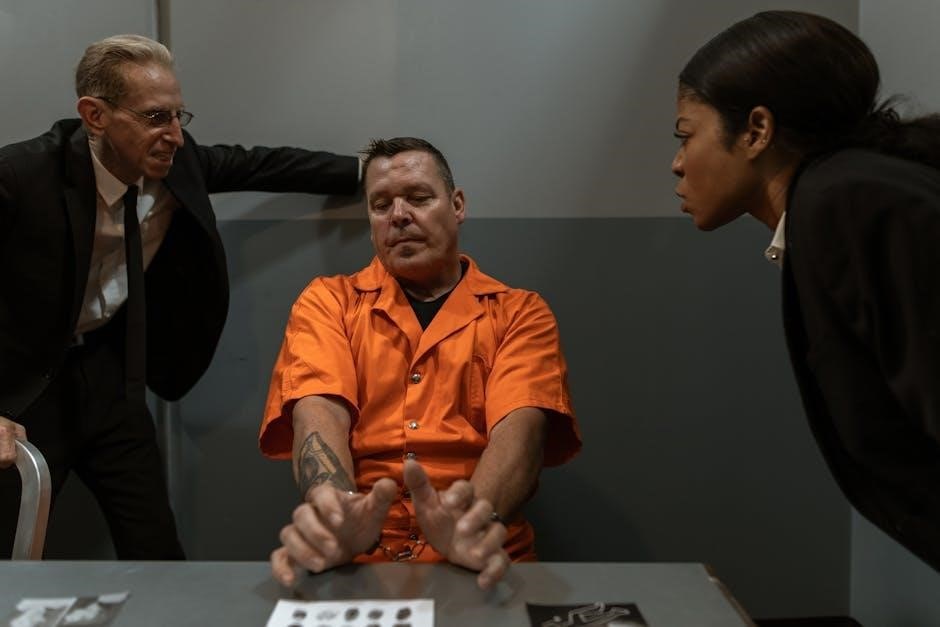
Conducting the Oral History Interview
Conducting an oral history interview involves active listening, empathy, and flexibility. Use open-ended questions to encourage detailed responses while maintaining a respectful and engaging tone throughout the conversation.
Starting the Interview
Starting an oral history interview requires creating a comfortable environment and establishing rapport with the interviewee. Begin with introductory remarks to explain the purpose and process of the interview. Ask open-ended, non-leading questions to encourage detailed responses. Initial questions might include inquiries about the interviewee’s full name, birth date, and early life experiences. This approach helps set a relaxed tone and ensures the conversation flows naturally, allowing the interviewee to share their stories and insights effectively.
Exploring Key Topics
Exploring key topics in oral history involves asking detailed, open-ended questions to uncover meaningful insights. These questions should cover significant life events, cultural influences, and personal reflections. Ask about education, career milestones, and historical events the interviewee witnessed or experienced. Inquire about their cultural background, family traditions, and social movements they participated in. Encourage storytelling by probing for specific memories and emotions. This approach ensures a comprehensive understanding of the interviewee’s life and experiences, providing rich, nuanced narratives for future generations to learn from and appreciate.
Managing the Interview Flow
Managing the interview flow effectively ensures a smooth and productive conversation. Start with open-ended questions to encourage storytelling, then guide the discussion with follow-up queries. Active listening is crucial—nod, make eye contact, and take notes to show engagement. Use the prepared interview guide to stay on track but remain flexible to explore unexpected topics. Allow the interviewee to elaborate without interruption, and gently refocus if the conversation drifts. This balanced approach fosters a natural dialogue, capturing detailed and meaningful narratives while maintaining a logical structure.
Handling Sensitive Topics
Handling sensitive topics in oral history interviews requires empathy and tact. Create a safe environment where the interviewee feels comfortable sharing personal or painful experiences. Approach such topics gently, using open-ended questions that allow the individual to share as much or as little as they wish. Be prepared to adjust the conversation if the subject becomes emotionally challenging. Respect boundaries and avoid pushing for details if the interviewee hesitates. Active listening and a non-judgmental attitude are essential to build trust and ensure meaningful dialogue while preserving the interviewee’s dignity and emotional well-being.
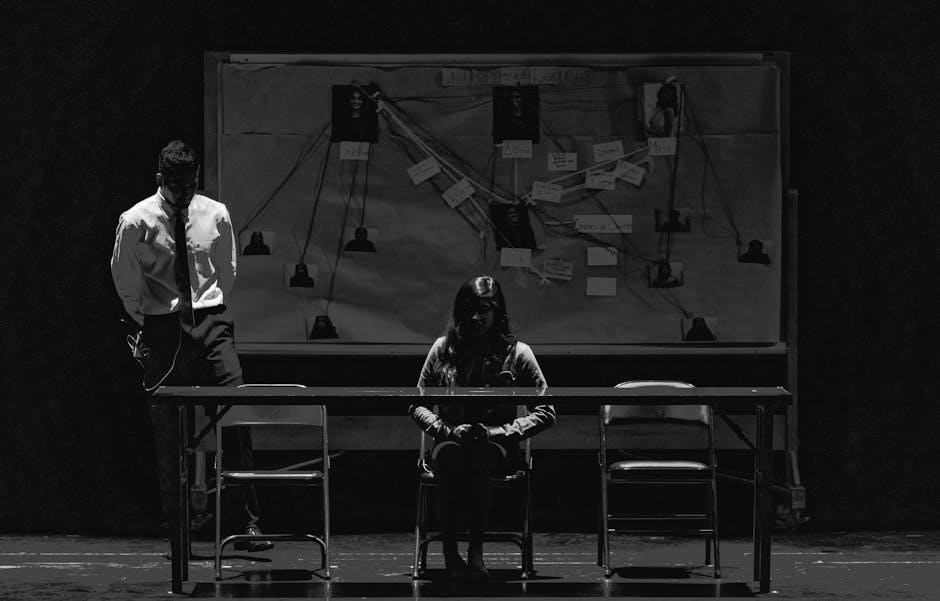
Post-Interview Procedures
After the interview, thank the participant, ensure their comfort, and document the conversation. Store recordings securely, both digitally and physically, for preservation and future access, ensuring privacy and ethical standards are maintained throughout the process.
Wrapping Up the Interview
Concluding the interview politely is crucial. Thank the participant for their time and insights, ensuring they feel appreciated. Recap key points briefly to confirm accuracy and provide closure. Offer a final opportunity for the interviewee to share any additional thoughts or reflections. Ensure all recording devices are turned off and confirm the next steps, such as transcription or sharing the oral history. This respectful and organized approach fosters trust and leaves a positive impression, while also ensuring the process remains ethical and professional.
Documenting and Storing
Accurate documentation and secure storage are essential for preserving oral histories. Recordings should be saved in high-quality digital formats, such as WAV, and backed up in multiple locations to prevent loss. Transcripts should be created for easy access and analysis. Organize files with clear metadata, including the interviewee’s name, date, and topics discussed. Ensure confidentiality by storing sensitive information securely. Consider archiving interviews in institutional repositories or libraries for long-term preservation and accessibility. Proper documentation ensures that oral histories remain a valuable resource for future generations and researchers.
Sharing Oral Histories
Sharing oral histories ensures their accessibility and impact. Digital platforms, libraries, and archives often host these records, making them available for public access. Educational institutions use oral histories in curricula to enrich learning. Communities organize events to showcase these narratives, fostering connection and understanding. Sharing also involves publishing transcripts or audio clips online, allowing global audiences to engage with the content. By disseminating these stories, oral histories become a shared resource, preserving memories and inspiring future generations to learn from the past.
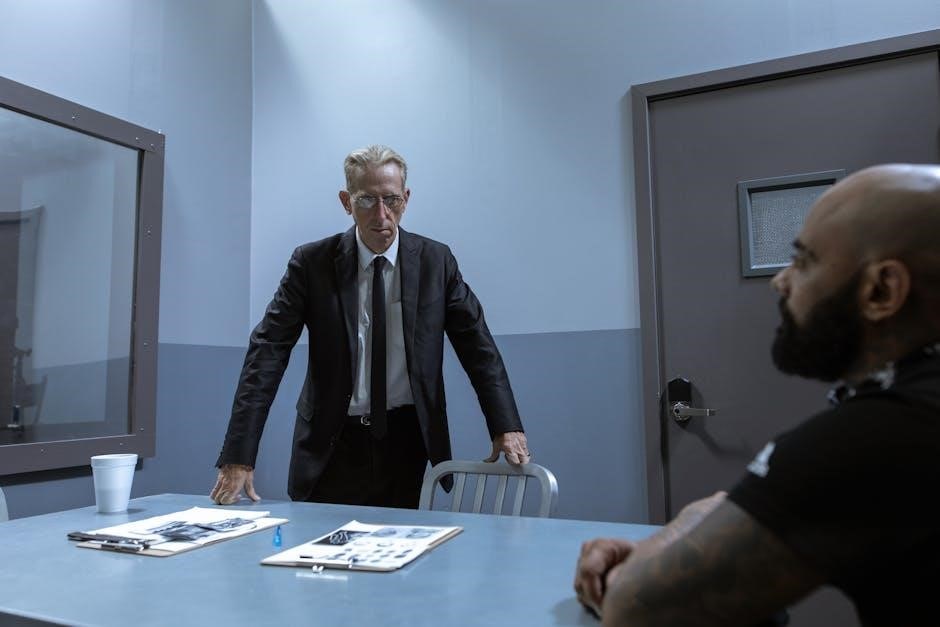
Family and Childhood
Exploring family background and early life experiences provides deep insights into an individual’s upbringing, cultural heritage, and formative years, shaping their identity and worldview.
Questions About Family Background
Exploring family history helps uncover cultural roots and personal identity. Questions like “What are your parents’ names and where were they born?” or “What traditions did your family observe?” provide insights into heritage. Inquiries about siblings, such as “Did you have brothers or sisters, and what were their roles?” reveal dynamics. Asking about ancestors’ occupations or migrations sheds light on economic and social contexts. These questions paint a vivid picture of lineage, traditions, and values, enriching the narrative of one’s upbringing and cultural background.
Early Life Experiences
Exploring early life experiences reveals formative moments that shape identity. Questions like “Where were you born and raised?” or “What was your childhood home like?” provide context. Inquiries about siblings, such as “What were your relationships like with your brothers or sisters?” uncover family dynamics. Asking about favorite toys, games, or childhood traditions offers glimpses into daily life. Questions like “What was your most memorable childhood event?” or “How did your family celebrate holidays?” help paint a vivid picture of early years and their lasting impact on personal growth and perspective.
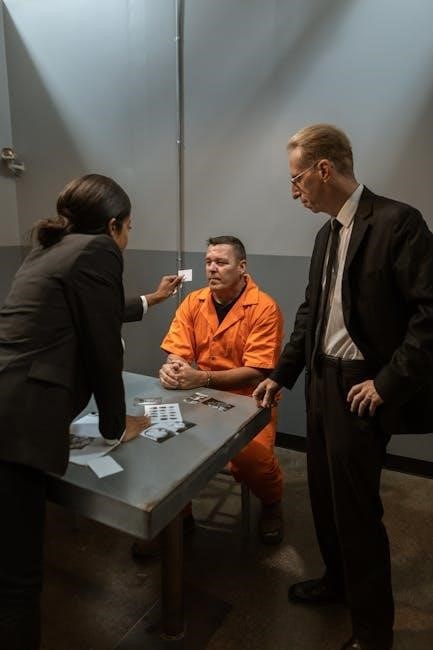
Life Events and Milestones
Key life events, such as education, marriage, and career, are explored to understand their impact on personal growth and identity. Questions about significant achievements and challenges provide depth.
Education and Career Questions
Questions about education and career focus on key life milestones, exploring how these experiences shaped personal growth. Inquiries include decision-making, challenges, and achievements, offering insights into professional journeys. Discussions often cover early educational influences, formative career moments, and lessons learned. Understanding the impact of historical events, such as economic hardships, on educational and career opportunities provides context. These questions help uncover how individuals navigated their paths, overcoming obstacles and reaching meaningful milestones in their lives and professions, highlighting resilience and adaptability.
Significant Life Events
Exploring significant life events helps uncover pivotal moments that shaped an individual’s life. Questions might focus on weddings, migrations, or major personal achievements. These events often reveal how historical contexts influenced personal choices and outcomes. They also provide insights into how individuals coped with change and adversity. By reflecting on these experiences, interviewees share lessons learned and how these events impacted their worldview. Such stories offer a deeper understanding of both personal and broader historical narratives, enriching the oral history record for future generations to learn from and appreciate.
Lessons Learned
Oral history interviews often explore the lessons learned by individuals throughout their lives. Questions may focus on major life lessons, advice for future generations, or insights gained from overcoming challenges. These reflections provide valuable wisdom, offering a deeper understanding of how experiences shape personal growth. By sharing these lessons, interviewees contribute to a broader understanding of resilience, values, and the human condition. Such narratives not only preserve individual knowledge but also serve as guidance for others facing similar challenges, ensuring these insights endure for generations.
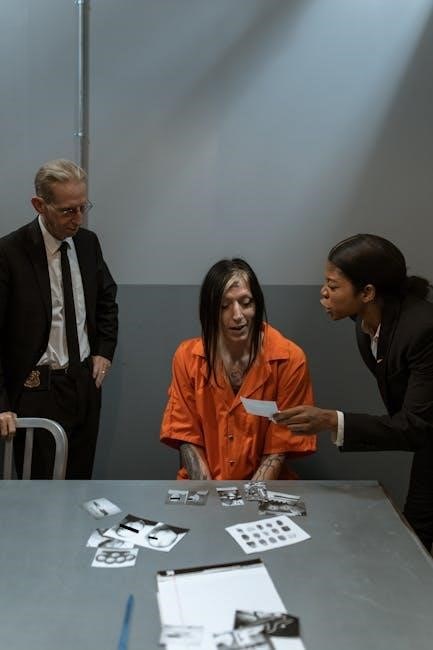
Cultural and Social Topics
Oral history explores cultural heritage, social movements, and community involvement through personal experiences, revealing traditions, beliefs, and societal changes that shape individual and collective identities over time.
Cultural Background Questions
Cultural background questions in oral history interviews explore an individual’s heritage, traditions, and societal influences. These questions uncover how cultural practices, language, and beliefs shaped their identity. Common inquiries include: “What traditions were passed down in your family?” or “How did your cultural background influence your daily life?” Such questions provide insights into the interconnectedness of personal and collective cultural experiences, offering a rich tapestry of diverse perspectives and historical contexts. They help preserve the unique stories that define communities and generations.
Social Movements
Social movements are a key focus in oral history, revealing how individuals contributed to and experienced collective change. Questions like “How did you participate in social movements?” or “What impact did these movements have on your life?” uncover personal and broader societal transformations. These narratives provide firsthand accounts of activism, challenges, and successes, offering a human perspective on historical events and the evolution of social justice. They highlight the role of ordinary people in shaping significant cultural and political shifts over time.
Community Involvement
Community involvement in oral history explores individuals’ roles within their neighborhoods and societies. Questions such as “How did you contribute to your community?” or “What local initiatives were you part of?” reveal personal and collective efforts in building social bonds. These stories highlight leadership, collaboration, and the impact of grassroots activities on community development, offering insights into how individuals have shaped and been shaped by their local environments over time. Such narratives enrich our understanding of community dynamics and their lasting legacies.
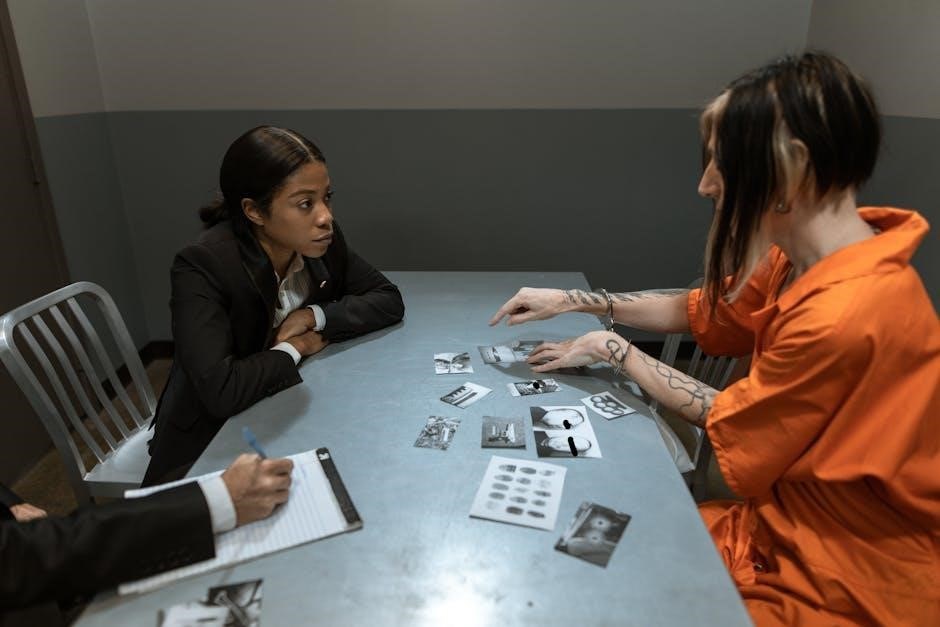
Historical Events and Impact
Oral histories provide firsthand accounts of significant events, offering insights into how individuals experienced and were affected by historical moments, shaping their lives and perspectives.
Historical Events Questions
Historical events questions explore individuals’ experiences during significant moments, such as wars, economic hardships, or social movements.
These inquiries uncover personal reflections and societal impacts, offering insights into how events shaped lives.
Questions might include: “What was life like during the Depression?” or “How did wartime affect your family?”
Such narratives provide vivid, firsthand accounts, enriching historical understanding.
These stories highlight resilience, challenges, and adaptations, making oral histories invaluable for education and research.
Wars or Conflicts
Oral history interviews about wars or conflicts reveal personal experiences and societal impacts during turbulent times.
Questions may focus on military service, daily life during wartime, or the aftermath of conflict.
For example, “How did your family cope during the war?” or “What were your experiences with rationing?”
These narratives provide emotional and historical depth, shedding light on resilience and survival.
Such accounts are vital for understanding the human cost of conflict and its lasting effects on communities.
Economic Hardship
Oral history interviews exploring economic hardship reveal personal and societal struggles during financial crises.
Questions might focus on daily challenges, such as “How did your family manage during the Great Depression?”
Narratives often highlight resourcefulness, like rationing or community support.
These stories provide emotional depth, illustrating resilience and the impact of economic downturns on individuals and communities.
Such accounts are invaluable for understanding historical contexts and the human experience of financial struggle.

Personal Reflections and Beliefs
Oral history interviews explore personal values, spirituality, and life lessons, offering insights into individual growth and philosophies shaped by experiences and beliefs over time.
Personal Values
Oral history interviews often explore personal values, such as honesty, kindness, or resilience, which shape an individual’s decisions and behaviors. Questions like, “What principles have guided your life?” or “How have your values influenced your choices?” reveal deeper insights into a person’s character. These reflections provide a rich understanding of how personal beliefs and ethics have navigated life’s challenges, offering a meaningful connection to cultural and historical contexts. Such inquiries highlight the significance of values in shaping identities and legacies, enriching the historical narrative with emotional and philosophical depth.
Spirituality or Faith
Spirituality or faith plays a significant role in shaping individuals’ lives, often influencing their decisions and coping mechanisms. Oral history interviews explore this through questions like, “How has your faith impacted your life?” or “What spiritual practices have brought you comfort?” These inquiries reveal how religious or spiritual beliefs have guided individuals through challenges, offering insights into their emotional and philosophical foundations. Such discussions provide a deeper understanding of personal resilience and the role of faith in navigating life’s complexities.
Examining spirituality or faith in oral histories also highlights cultural and historical contexts, showcasing how beliefs evolve over time. By sharing these experiences, individuals provide a meaningful perspective on the intersection of spirituality and real-world events, enriching the historical record with personal and emotional depth.
Hopes and Dreams
Hopes and dreams provide insight into an individual’s aspirations and motivations. Oral history interviews often explore these through questions like, “What are your greatest aspirations?” or “How do you envision your future?” These inquiries reveal personal goals, desires, and the factors influencing them. Discussing hopes and dreams allows interviewees to reflect on their values and ambitions, offering a glimpse into their emotional and motivational landscape. Such conversations add depth to the narrative, highlighting the interplay between past experiences and future aspirations.
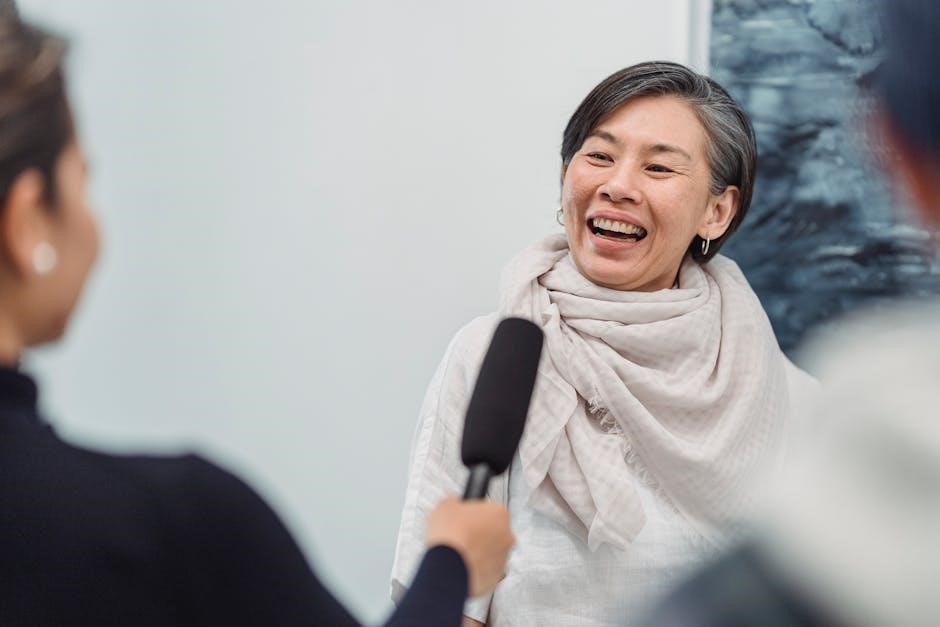
Challenges and Overcoming Adversity
Oral history explores challenges faced and how individuals overcame adversity, revealing resilience and strategies for navigating difficult circumstances, offering valuable insights into personal growth and perseverance.
Challenges Faced
Oral history interviews often uncover significant challenges faced by individuals, such as economic hardships, social injustices, and personal struggles. These narratives provide insight into how people navigated difficult circumstances, revealing resilience and adaptability. Historical events, like wars and depressions, are frequently discussed, highlighting collective and individual hardships. Personal reflections on fear, loss, and overcoming adversity offer deeper understanding of human experiences. These stories not only document history but also serve as a testament to the strength and resourcefulness of those who endured challenging times.
Coping Mechanisms
Oral history interviews reveal diverse coping mechanisms employed by individuals during challenging times. Many relied on family and community support, while others utilized personal strategies like hobbies, faith, or resilience. Historical events, such as wars and economic hardships, often highlighted resourcefulness and adaptability. Interviewees frequently emphasized the importance of mental strength, social networks, and cultural practices in navigating adversity. These narratives illustrate how individuals and communities adapted to overcome difficulties, offering valuable lessons for future generations facing similar challenges.
Advice for Future Generations
Oral history interviews often include wisdom shared by individuals for future generations. Many emphasize resilience, self-belief, and learning from past mistakes. Interviewees frequently stress the importance of education, community ties, and kindness. They encourage embracing change while staying true to one’s values. Stories of perseverance during hardships highlight the need to adapt and remain hopeful. These insights provide a roadmap for navigating life’s challenges, offering timeless lessons on strength, compassion, and the enduring power of shared experiences.
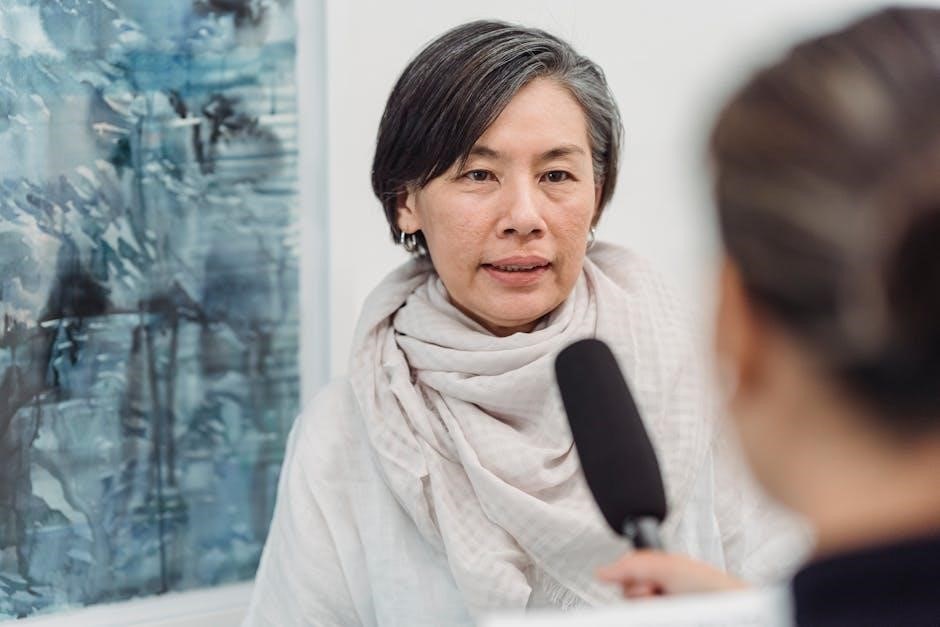
The Future of Oral History
Oral history’s future lies in leveraging technology for preservation and accessibility, ensuring stories reach wider audiences while maintaining authenticity and emotional depth for future generations.
Modern Technology’s Role
Modern technology has revolutionized oral history by enabling high-quality digital recording, secure storage, and global accessibility. Tools like AI transcription and cloud platforms facilitate easy sharing and preservation. Digital archives ensure longevity, while social media expands reach, engaging younger audiences. These advancements democratize oral history, allowing diverse voices to be heard and studied, while maintaining the authenticity of personal narratives for future generations.
Preserving Oral Histories
Preserving oral histories involves digitizing recordings, transcribing interviews, and storing them securely. Digital archives and transcription software ensure accessibility and longevity. Proper organization and cataloging make collections searchable, enhancing research value. Sharing preserved histories through online platforms or educational programs promotes public engagement. Community involvement in preservation efforts fosters a sense of ownership and cultural heritage. These methods safeguard personal narratives for future generations, ensuring their voices remain relevant and accessible in an ever-evolving world.
Additional Resources and References
Explore recommended readings and related topics for deeper insights into oral history techniques and applications, enhancing your understanding and skills in conducting effective interviews.
Further Reading
For deeper exploration, consider the Southern Oral History Program and pulitzercenter.org, which offer detailed guides and examples. Cambridge Public Library’s local history collections provide insights into community narratives. Ethnographic interview guides and rubrics for assessment are available online, aiding in structured approaches. Works by authors like ТК Щеглова and АР Сентемова delve into methodologies and cultural reflections. These resources enrich understanding of oral history techniques, offering practical tips and theoretical frameworks for conducting meaningful interviews and preserving personal stories effectively.
Related Topics
Exploring related fields like ethnography and biography offers a broader context for oral history. Ethnographic interviews and biographical studies share similar methodologies, focusing on personal narratives. The Chechen Republic’s conflict history and New Deal interviews provide examples of how oral histories document societal changes. Additionally, resources on interviewing techniques, such as those from the Cambridge Public Library, highlight the importance of structured approaches. These topics collectively enhance the understanding and application of oral history in various academic and cultural settings, ensuring a comprehensive exploration of human experiences.
